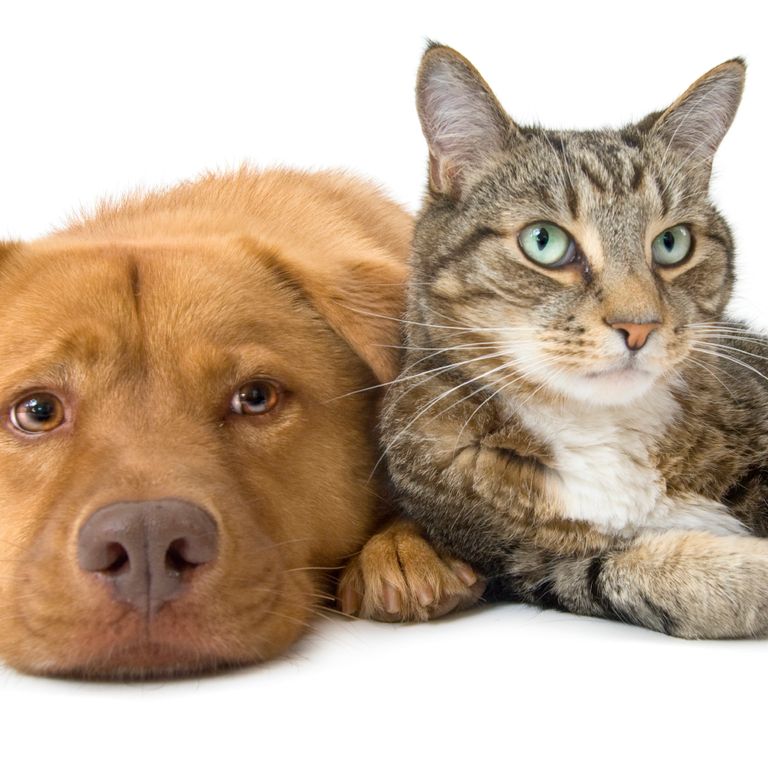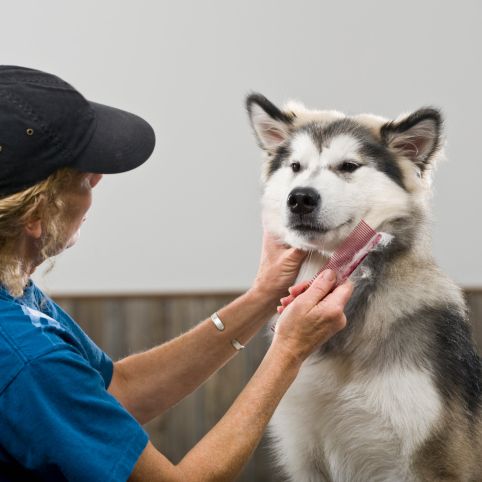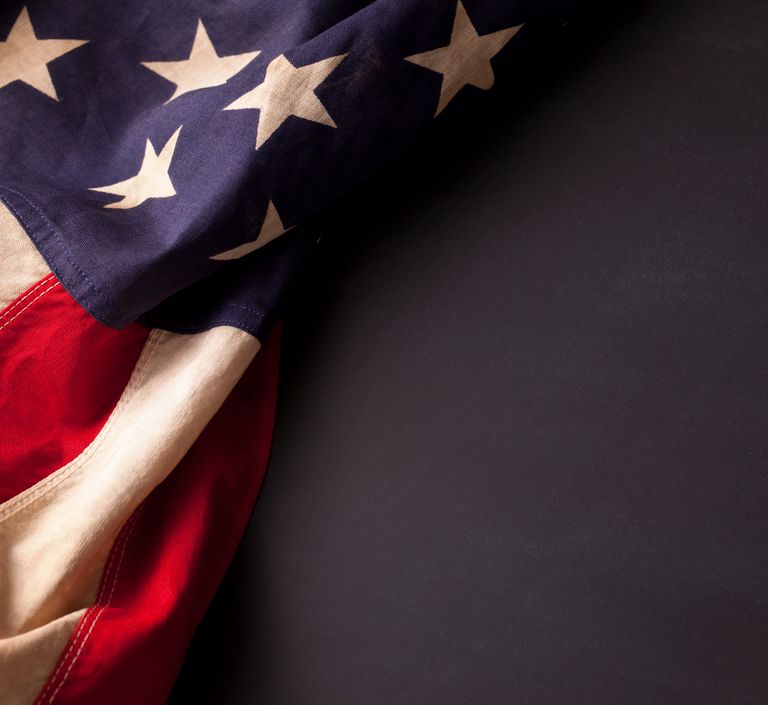
Why an Animal Shelter?
Community Service: An animal shelter would fill a crucial gap in our community where there is a lack of resources or services for homeless, abandoned, or abused animals. An animal shelter allows us to provide a safe haven for animals in need and offer them a chance of reuniting with families or finding loving homes.
Reduce Costs: The animal shelter will help Brantley County reduce the cost to property damage, loss of wildlife, vehicular accident rates, stop the spread of communicable diseases and aid during natural disasters.
Community Engagement: An animal shelter plays a vital role in our local community by organizing adoption events, educational programs, and community outreach initiatives to promote responsible pet ownership, raise awareness about animal welfare, and encourage spaying/neutering and vaccination programs.
Facilities and Resources: Our animal shelter should have dedicated facilities designed to accommodate animals with proper infrastructure, including kennels, veterinary clinics, and exercise areas.
Long-term Care: An animal shelter would have the capacity to provide long-term care for animals until they find permanent homes. Shelter can accommodate animals for extended periods, ensuring animals receive necessary medical attention, behavior training, and socialization while waiting to be adopted.
Animal Control Service: Rescue organizations offer a great deal of support but are not allowed to pick up stray animals. They may only acquire animals that are relinquished by an owner or obtained from a licensed animal shelter where they can obtain a record of the transaction details.
TNR/Vaccine Programs: The animal shelter would employ a nonlethal strategy for reducing the number of community strays and improving the quality of life for animals, wildlife, and people. It is the fundamental component of healthy animal community, which involves humanely trapping stray animals, spaying or neutering them, vaccinating them against rabies and other diseases, such as feline immunodeficiency virus (FIV), feline leukemia virus (FeLV). canine parvovirus, distemper and canine hepatitis.

"Its estimated that cats kill 12.3 billion wild mammals annually in the U.S. alone."

FACTS: Over 1,000,000 stray animals have been process through Georgia shelters since 2020.

FACTS: Counties surrounding Brantley have processed over 9,000 stray animals with 25% kill rate.

"1 out of 116 drivers in Georgia reported an accident, 17,000 where accidents involving stray animals."

"Stray animals’ predatory behavior contributes to their reputation as some of the most damaging invasive species linked to 63 extinctions globally."

FACTS: Georgia does not have a state level ordinance that limits the number of pets.
Help us make a change
We need your consent to load the translations
We use a third-party service to translate the website content that may collect data about your activity. Please review the details in the privacy policy and accept the service to view the translations.